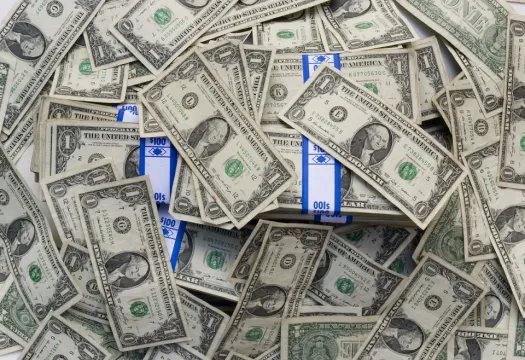Understanding the Key Elements of a Currency Converter

The value of a currency, when used in international trade, is fixed in currency markets. A currency converter is a handy tool for those who travel or do business in foreign countries. It allows you to quickly and easily convert one currency to another. You will thus know the value of your money in relation to the currency of other countries. There are many currency converters on the Internet. But then, what is a monetary currency? How does the currency market work? What exactly does a currency converter do? Discover all the answers to your questions in this article.
Understanding and using a currency converter is quite simple and can be very useful for making transactions in different currencies or for simply tracking exchange rates:
- Departure and arrival currencies: You choose the currency you have (for example, euro) and the currency you want to convert to (for example, US dollar).
- Exchange rate: The exchange rate indicates how many units of the destination currency you will get for one unit of the origin currency. For example, if the exchange rate is 1 euro = 1.20 US dollars, this means that one euro is equal to 1.20 US dollars.
The foreign exchange market, also known as the foreign exchange market or Forex (for Foreign Exchange), is the global financial market where currencies are traded. Here's how the currency market generally works:
- Participants: Participants in the currency market include banks, financial institutions, multinational corporations, individual investors, traders and governments. Central banks also play a major role by intervening in the currency market to influence the value of their own currency.
- Currency Pairs: Trading in the foreign exchange market always involves the exchange of one instrument for another, thus forming a currency pair. For example, EUR/USD represents the Euro-US dollar pair. Every currency pair has an exchange rate which indicates the relative value of one currency against another.
- Quote: Exchange rates are usually quoted as a currency pair, with the base currency and the counter currency. For example, in the EUR/USD pair, the Euro is the base currency and the US dollar is the counter currency. If the EUR/USD exchange rate is 1.20, this means that one euro is equal to 1.20 US dollars.
- 24-hour Marketplace: The device market operates continuously, 24 hours a day, Monday to Friday, across different time zones. This allows traders from around the world to participate in the market at any time, making the currency market very liquid and responsive to economic and political events.
- Factors influencing exchange rates: Exchange rates are influenced by many factors, including economic data (interest rates, economic growth, inflation), geopolitical events, central bank decisions, international capital flows and market expectations.
- Speculation and Arbitrage: Traders in the currency market seek to profit from fluctuations in exchange rates by speculating on future currency movements. Arbitrage involves taking advantage of price differences between different markets to make a risk-free profit.
In summary, the foreign exchange market is a global market where currencies are traded based on supply and demand, with fluctuating exchange rates influenced by a multitude of economic, financial and political factors.
What exactly does a currency converter do?
A currency converter is a tool that allows you to convert the amount of one currency into another, using the exchange rates in force on the currency market. Here are some main uses of a currency converter:
- International Travel: When traveling abroad, you can use a currency converter to calculate how much your money in your home currency is worth in the local currency of your destination. This helps you plan your budget and exchange money at the current exchange rate.
- Business Transactions: Businesses that engage in international transactions often need to convert currencies to pay suppliers, receive payments from foreign customers, or manage investments in different currencies. A currency converter helps them assess the cost of these transactions and make informed decisions.
- Personal financial management: People who own assets or investments in different currencies can use a currency converter to track the value of their holdings and assess gains or losses based on fluctuations in exchange rates.
- Online Commerce: Buyers and sellers transacting on international websites can use a currency converter to see the true cost of a product or service in their own device, making it easier to compare prices and purchasing decisions.
In summary, a currency converter is a handy tool that allows you to easily convert amounts of money from one currency to another, which is useful in many situations, whether for traveling, carrying out business transactions or managing his personal finances.